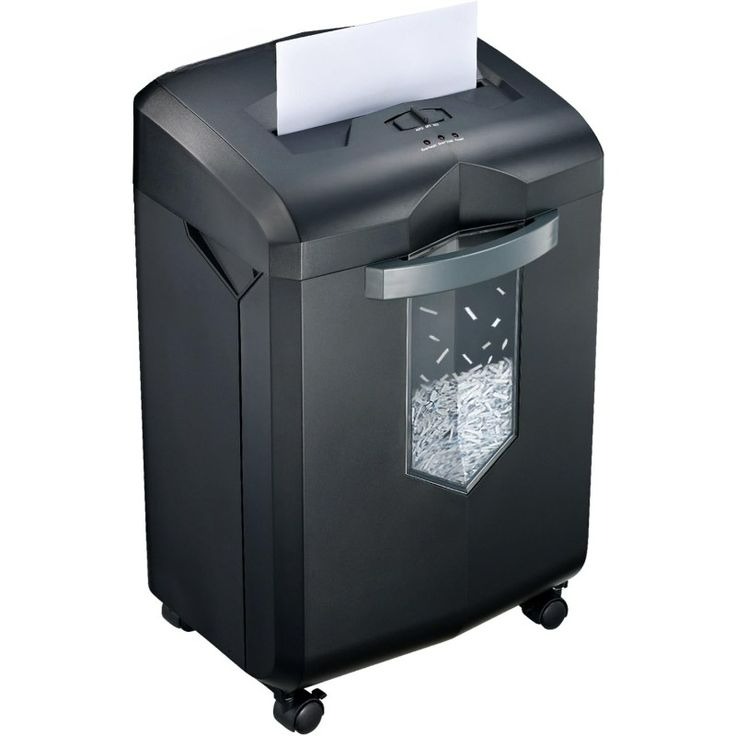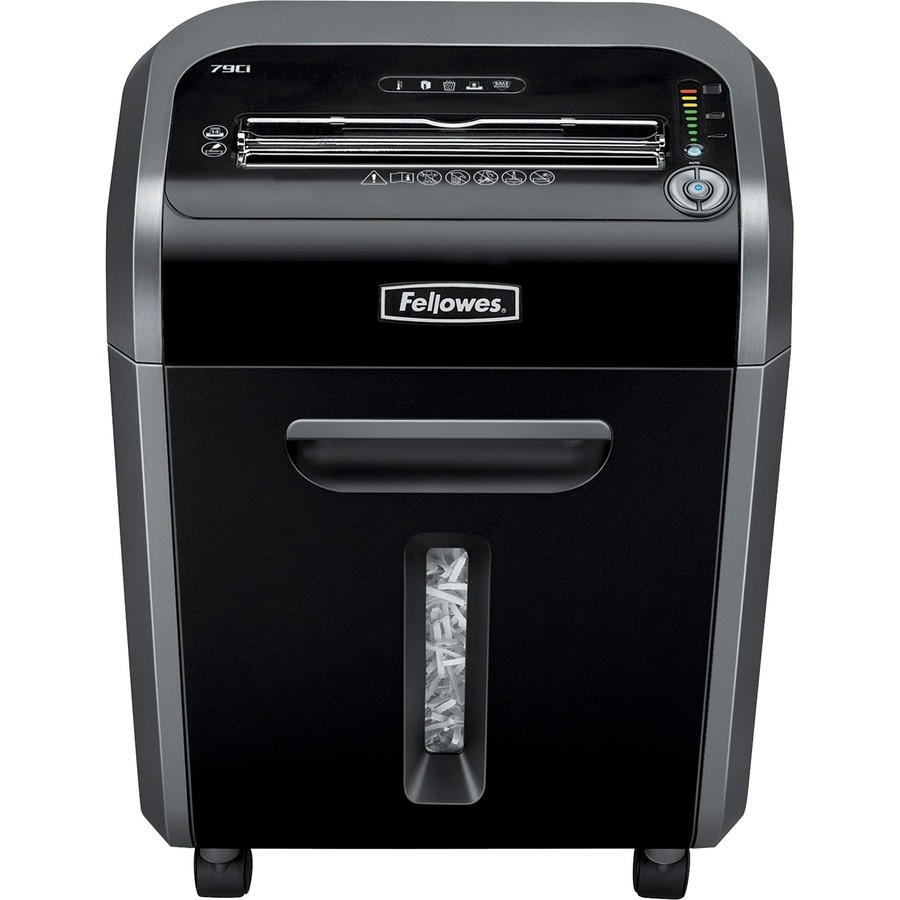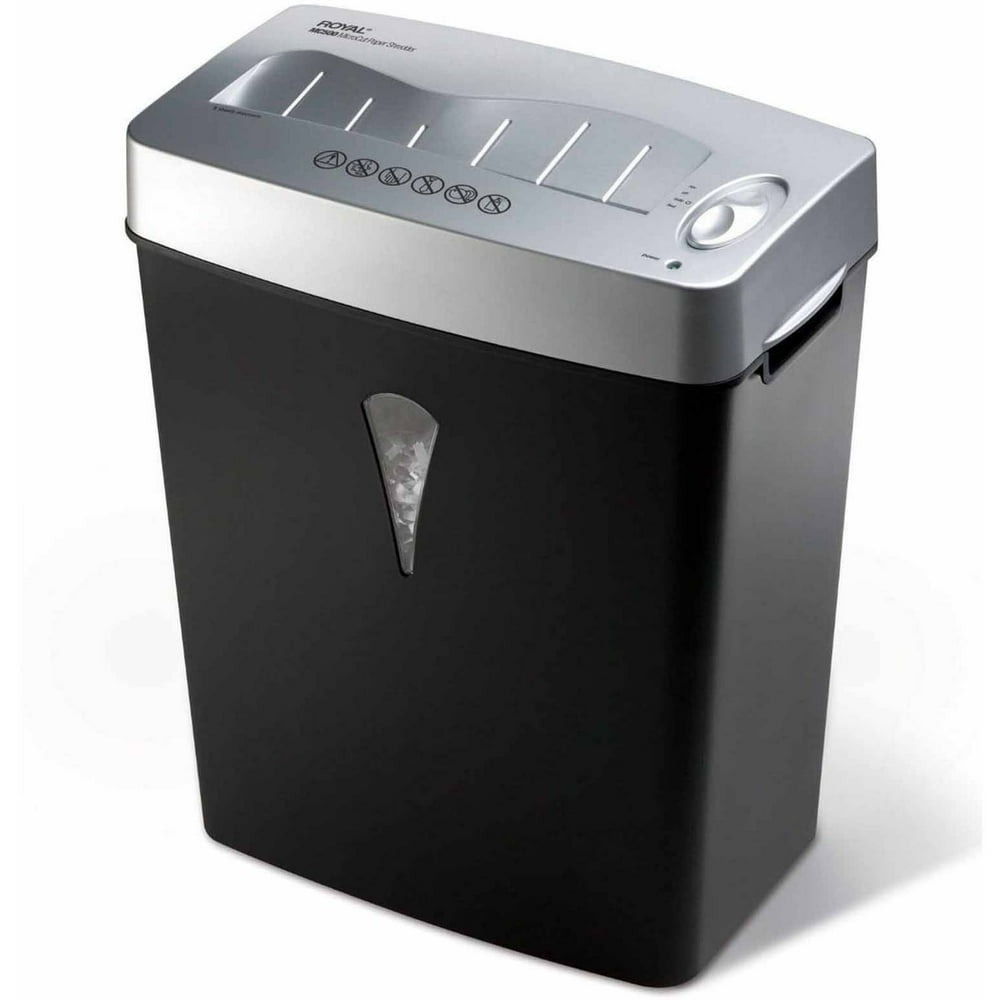In today’s fast-paced digital world, the necessity for protecting sensitive information continues to be paramount. Even in an era where much of our information is stored electronically, countless important documents remain in physical form. With identity theft and data breaches on the rise, many individuals and businesses are left wondering: Is it worth buying a paper shredder? This article will explore the costs, benefits, and various aspects of purchasing a paper shredder, providing you with the insight needed to make an informed decision.
The Rising Threat of Identity Theft
The Importance of Document Security
Identity theft is an ever-growing concern that can have devastating consequences for individuals and businesses. According to the Federal Trade Commission (FTC), millions of people are affected by identity theft annually. Sensitive information such as social security numbers, bank statements, and medical records can all be exploited by criminals if not disposed of properly. The threat extends beyond individuals to organizations, where data breaches can jeopardize customer trust and lead to significant financial losses.
Employees frequently handle confidential materials, which necessitates stringent protocols for protecting sensitive information. From financial records to employee data, the risk of improper disposal is high. Paper shredders serve as a necessary line of defense in safeguarding this information, and ignoring their importance can lead to dire ramifications.

The Financial and Psychological Costs of Data Breaches
The ramifications of a data breach are not solely financial; they can also create emotional distress for victims. Victims of identity theft often experience anxiety and stress as they deal with the aftermath of unauthorized access to their personal information. According to studies, the average individual spends around 40 hours resolving issues related to identity theft, which can disrupt lives and create financial hardship.
For businesses, the consequences can be even more severe. The Ponemon Institute estimates that the average cost of a data breach in 2021 was $4.24 million. These costs can include everything from legal fees to loss of revenue due to reputational damage. Given the potential for significant financial impacts, purchasing a paper shredder becomes a sound investment in preventing these far-reaching consequences.
Evaluating the Costs: What You’ll Spend on a Shredder
Initial Outlay: Understanding Price Points
When contemplating the purchase of a paper shredder, the initial outlay is a key factor to consider. The market offers a wide range of options, varying in price from $30 for basic models to over $500 for high-security commercial-grade machines. Entry-level strip-cut shredders may meet the needs of occasional users, but they come with limitations regarding the security they provide.
More robust machines, such as cross-cut and micro-cut shredders, invest more upfront but yield superior results in terms of security. As these machines cut documents into much smaller pieces, they become an ideal choice for anyone concerned about protecting sensitive information. Thus, understanding the range of prices and the security level required is crucial when determining which shredder is appropriate for your needs.
Long-Term Costs: Maintenance and Operation
The costs of owning a paper shredder extend beyond the initial purchase price. Maintenance and operational costs can accumulate over time. For example, regular lubrication and blade replacements are essential for preserving the lifespan and efficiency of your shredder. While many shredders come with warranties, internal components can wear down, requiring additional expenditures.
Another often-overlooked aspect is energy consumption. Although modern shredders are designed to be energy-efficient, they still consume electricity during operation. Depending on usage habits, this can lead to noticeable increases in your electric bill. Many shredders come with added features, such as auto shut-off, which can help mitigate costs. Evaluating the total cost of ownership is essential for determining the overall financial commitment.

The Hidden Costs: Risks of Not Shredding
In assessing the financial impact of owning a shredder, it’s crucial to consider the hidden costs associated with not using one. The potential costs of identity theft are staggering—ranging from lost money to legal fees—to say nothing of the emotional toll on victims. When considering how much it would cost in the event of a data breach versus the relatively minor investment in a shredder, the choice becomes clearer.
For businesses, the implications of non-compliance with regulations can also be costly. Penalties for mishandling sensitive information can result in hefty fines and a loss of trust from clients. Investing in a shredder becomes not merely cost-effective but crucial for protecting your assets and maintaining regulatory compliance.
The Multifaceted Benefits of Owning a Paper Shredder
Enhanced Security Measures
One of the most apparent benefits of owning a paper shredder is the enhanced security it provides. By shredding sensitive documents, you ensure that personal data cannot be reconstructed by identity thieves. High-quality shredders, especially cross-cut and micro-cut models, turn documents into tiny particles that make reconstruction virtually impossible.
For businesses, shredding documents containing client information, employee records, or proprietary data serves as a critical line of defense against data breaches. Additionally, strict compliance with laws like GDPR and HIPAA requires proactive measures to secure personal information. Regular shredding helps protect client data, reducing the risk of legal repercussions and financial liability.
Improved Workplace Organization and Efficiency
Beyond security, shredding documents allows for improved organization within both homes and offices. Dusty piles of paperwork often lead to clutter, making it stressful to locate important documents. By establishing a routine that includes regular shredding, you can keep your workspace organized and minimized distractions, creating a more productive environment.
For businesses, a streamlined office contributes to increased productivity and efficiency. Employees can find necessary documents more easily, focus on important tasks, and engage in more strategic decision-making. A clean and organized workspace positively affects morale and encourages collaboration among team members.
Environmental Responsibility: Sustainability Matters
Investing in a paper shredder provides environmental benefits as well. Shredded paper is much easier to recycle than whole documents, making it a more eco-friendly option. When shredded paper is recycled, it can be processed back into new paper products, resulting in less waste and reduced reliance on new raw materials.
By recycling shredded material, you support sustainable practices that combat deforestation and decrease landfill use. In a time when environmental consciousness is crucial, shredding and recycling paper helps individuals and organizations do their part in reducing their ecological footprint.

Choosing the Right Type of Shredder for Your Needs
Understanding Shredder Types
When considering a paper shredder, it’s crucial to understand the various types available and how they meet different security needs. Strip-cut shredders are the simplest model and least secure, cutting documents into long strips that can potentially be reconstructed.
Cross-cut shredders offer a step up in security, shredding documents both lengthwise and widthwise. This approach creates confetti-like pieces, making it much harder for anyone to restore shredded information. Such shredders are suitable for both home and small business use.
Micro-cut shredders offer the highest level of security, compressing documents into tiny particles. These machines are ideal for businesses that handle sensitive customer and employee information regularly, ensuring that data remains secure against identity theft and unwanted exposure.
Considerations Beyond Cutting Mechanisms
When selecting a shredder, consider additional features. The capacity of the shredder—both in terms of the maximum number of sheets it can shred at once and the capacity of its waste bin—should be an essential factor, particularly for high-volume users.
Look for shredders with features such as auto shut-off to save energy and prevent overheating. Safety features, such as doors that lock or sensors that prevent unintentional use, can be beneficial, especially in shared office environments.
Best Practices for Utilizing a Paper Shredder
Establishing a Shredding Schedule
Creating a shredding schedule can help maintain organization and ensure data protection. Identify appropriate intervals—monthly, quarterly, or whenever necessary—for shredding outdated documents. By establishing a routine, you minimize the risk of letting sensitive information accumulate, which could lead to improper disposal.
Knowing What to Shred
Education on which items require shredding is vital for protecting sensitive data. Documents that contain personal identification, financial details, and confidential business information should always be shredded. Things like medical records, tax returns, and obsolete contracts all fall into this category. If a document contains any confidential or personal data, it is prudent to shred it.
Proper Disposal of Shredded Material
Once documents have been properly shredded, consider how to dispose of the shredded material responsibly. Many recycling facilities accept shredded paper, allowing you to play your part in minimizing waste. Shredded paper is often easier to recycle than whole documents, so ensure you check local guidelines on recycling.
Assessing the Overall Value of a Paper Shredder
Financial Assessment: Investment vs. Risk Mitigation
Ultimately, deciding whether to invest in a paper shredder requires weighing the financial aspects against the benefits it provides. When evaluating your situation, consider the volume of sensitive documents you handle and the potential risks associated with not shredding them. The financial implications of identity theft and data breaches can easily overshadow the cost of a shredder.
For individuals, a more casual use may justify a lower-cost option. For businesses or professionals handling sensitive information regularly, investing in a robust shredder offers significantly more value. Make a thorough assessment to determine the value proposition for your specific needs.
Long-Term Benefits of Shredding
Investing in a paper shredder fosters a culture of data security and organization that pays off in the long run. By prioritizing secure document management, you not only protect sensitive information but also reinforce a set of best practices centered on privacy and responsibility.
In the context of businesses, adopting a shredding policy aligns with compliance requirements and brand integrity. Educating employees about secure document handling and the importance of shredding documents further amplifies long-term benefits—instilling a culture of awareness and diligence.
Conclusion: A Strategic Decision for Security and Efficiency
As we have explored in this comprehensive view of the costs and benefits of purchasing a paper shredder, the importance of investing in this tool cannot be understated. While the costs associated with buying and maintaining a shredder are certainly a factor, they pale in comparison to the potential risks of identity theft, data breaches, and regulatory non-compliance.
The enhanced security provided by these devices, coupled with improved organization and the ability to contribute positively to the environment, gives strong incentive for anyone handling sensitive information to consider a shredder as a meaningful investment. All aspects must be weighed when considering your needs, but the trends indicate a solid net benefit when opting for a shredder.